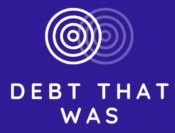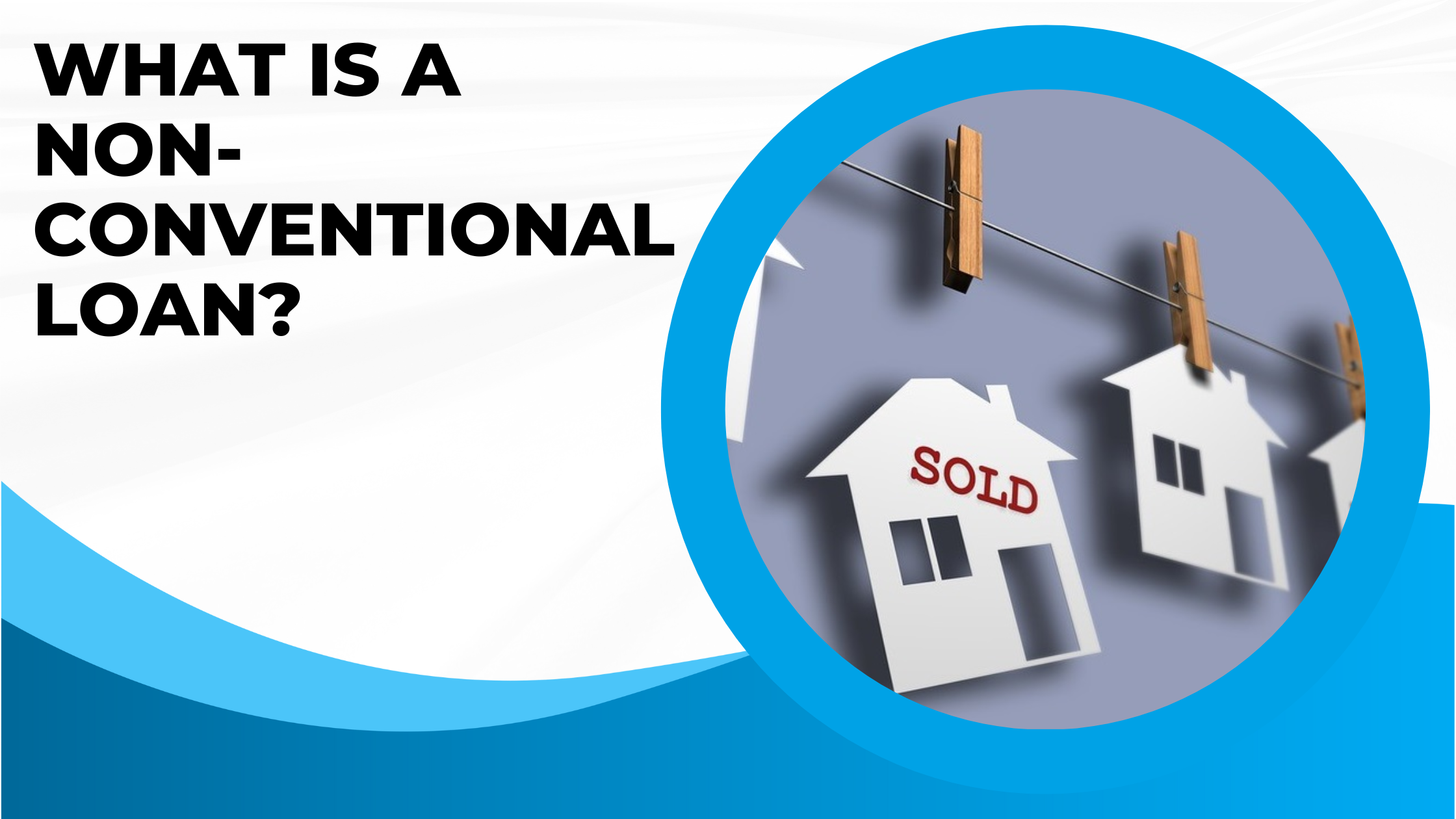If you have ever gone through the process of applying for a mortgage and buying a house, there’s a good chance that you came across conventional loan options.
Do terms like “conforming mortgage,” “conforming jumbo mortgage,” and “non-owner-occupied mortgage” ring a bell?
These are all examples of conventional loans.
There are, however, non-conventional loans available, and every potential home buyer should take a closer look at them.
Almost everyone who has ventured into real estate is familiar with conventional loans. This is mainly because conventional loans are what most financiers offer.
Non-conforming loans, although not quite as well-known, may be more advantageous. This is especially true when you start considering repayment terms, interest rates, and even qualification processes.
So, what is a non-conventional loan, and what options are available for you?
Table of Contents
ToggleWhat Are Options With A Non-Conventional Loan?
“Non-conventional loan” is a broad term used when classifying loans backed by the government but do not follow the usual loan regulations.
For the most part, non-conforming loans do not follow the same strict rules as far as eligibility is concerned compared to conventional loans.
Some non-conventional loans have an entirely different set of rules.
Advantages of Non-Conforming Loans
There are several good reasons you should consider taking up a non-conventional loan when looking to buy a house. These reasons include the following:
Flexible down payment requirements:
Government-backed loans tend to have a much lower down payment requirement than conventional loans. Some non-conforming loans allow you to buy a home with as little as 0% down once you qualify.
You can get larger loan limits:
You can easily get a loan with a higher limit when you go for non-conforming government-backed loans. While the highest limit for a typical conforming loan is usually under a million dollars, non-conforming loans can surpass the two-million-dollar mark.
You can get a loan even with poor credit:
Typically, when you have a legal matter such as bankruptcy on your credit report, you would have to wait for years (up to seven) before you can get a conforming loan.
However, since the government backs non-conventional loans, their qualification requirements are much more relaxed than those attached to conforming loans.
This means you can get a non-conforming loan at a reasonable rate even with poor credit.
A wider range of property types:
Unlike conforming loans that limit you to a specific type of property, such as a residential home, non-conforming loans are available to those who want to buy a host of other property types.
Of course, this depends on the kind of non-conforming loan you take.
Disadvantages of Non-Conforming Loans
Just as there are advantages of this type of loan, there are also some associated disadvantages. These include:
Short term:
These loans are typically not as long-term as conforming loans. This can put a financial strain on the borrower.
Difficult to pay off:
While the difficulty level here depends on what kind of person you are regarding debt management, the truth is that these loans are often quite hefty.
They require a lot of financial discipline to repay – something most people don’t have. Also, they are so easy to get, which may lead some to think of them as “easy and quick money.”
Paper trail:
The biggest difference between these loans and conforming ones is that you must provide a precise paper trail showing how you use the money.
While you can simply refinance your house to buy a boat, you cannot do that with a government-backed non-conforming loan.

The Different Types of Non-Conventional Loans Available
Now you know exactly what a non-conventional loan is and the advantages and disadvantages of getting one. ,
It’s time to find out the different types of non-conforming loans available on the market. Here are some of the most common:
FHA Loans
FHA stands for Federal Housing Administration. This is by far the most common type of non-conforming loan on the market today.
Backed by the Federal Housing Administration, this loan is designed to help first-time homebuyers who, for one reason or another, can’t afford the hefty down payment that a typical conventional loan would demand.
These loans also work very well for people with poor credit scores or whose credit scores aren’t as high as most conventional loan lenders would accept.
With this kind of loan, people with different types of income and credit histories can qualify.
Here are some of the minimum requirements for getting an FHA Loan:
- You are required to make a down payment of at least 3.5%
- The property you are planning to invest in with the money should be your primary residence moving forward
- You’ll need mortgage insurance
- You need to have a job with a stable income
- Your debt-to-income ratio shouldn’t be more than 43%
USDA Loans
Offered by the United States Department of Agriculture, USDA Loans are designed to provide people in rural or peripheral areas with the kind of stimulus package they need.
Real estate investors receive these loans through the “Multi-Family Housing Direct Loan.”
Here are some basic requirements for this type of loan:
- No down payment is required (0% down)
- The cost of the required mortgage loan insurance is extremely low
- You need to apply under an LLC
- The money needs to go toward providing affordable housing
- The loans are limited to investors who want to invest in properties within the specified regions
Jumbo Loans
These loans have become very popular with most real estate investors for one very good reason – they are massive. A Jumbo Loan could have a loan limit of up to $3 million.
Another notable feature is that these loans can be offered at the same rate as your conventional mortgage.
One of the biggest issues with these loans is that they are typically offered under very stringent conditions.
That’s mostly due to the high loan amount.
Here are some of the basic requirements for a Jumbo Loan:
- You need to have a credit score that is higher than 700
- You will be required to make a hefty down payment (think between 10 to 20%)
- You should have a reasonable cash reserve
- You will need to provide the lender with extensive documentation that proves your financial stability

Apart from these three, you may come across a few other common non-conforming loans.
These include:
- Hard Money Loans
- Portfolio Financing
- Seller Financing
While it’s true that conventional loans are the most common type, it’s also true that they aren’t always the most ideal.
Exploring any of these non-conventional loan options will not only introduce you to a world of much cheaper financing but, quite possibly, much better and higher amounts.

